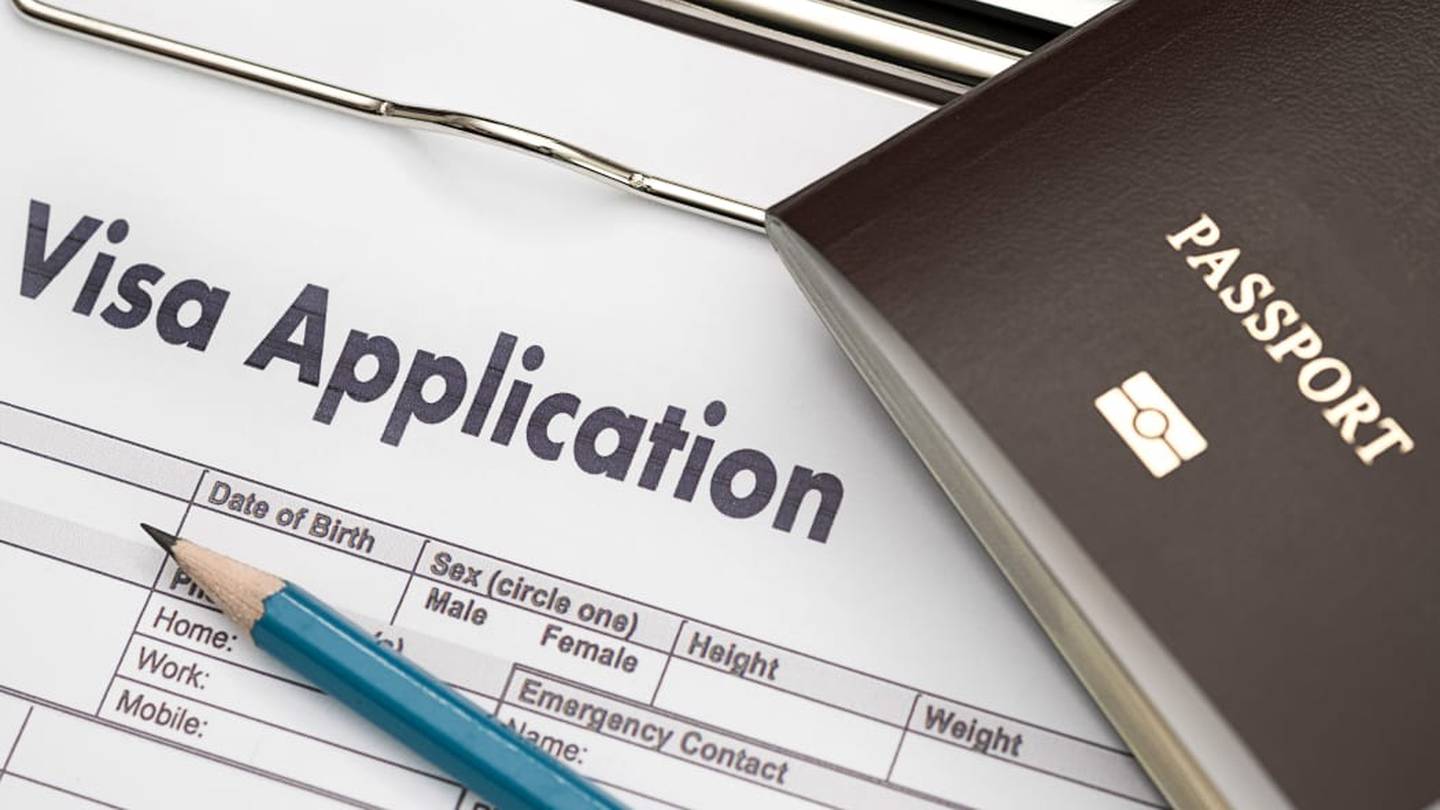Top Stories
New Deportation Rules Impact 21,000 Overstayers in New Zealand

Immigration New Zealand is actively addressing the rising number of visa overstayers in the country, which has reached an estimated 21,000 individuals. This figure marks a significant increase from 14,000 overstayers recorded in 2017. As part of a broader initiative, the government is implementing stricter deportation rules targeting immigrants who commit serious crimes.
According to Steve Watson, the Compliance General Manager of Immigration New Zealand, the agency is focusing on identifying and managing those who have overstayed their visas, regardless of whether they have committed any crimes. Watson stated in an interview with broadcaster Mike Hosking that the process for dealing with overstayers is generally straightforward.
Government’s New Approach to Deportation
The New Zealand Government has revised its deportation policies, particularly concerning immigrants who have been in the country for less than 20 years. Previously, individuals could be deported after 10 years of residency if they had committed serious offenses. The new rules extend this period, allowing authorities to take action against those who pose a threat to public safety.
Watson emphasized that while the agency is vigilant about overstayer enforcement, many individuals who remain beyond their visa terms are cooperative. He explained that Immigration New Zealand engages with overstayers promptly, which often leads to quick departures from the country. This approach not only minimizes potential disruptions but also ensures compliance with immigration laws.
The recent surge in overstayers has raised concerns within the government about potential implications for national security and public welfare. As the administration tightens its grip on immigration compliance, the focus remains on balancing enforcement with the humane treatment of individuals who may be unaware of their visa status.
Implications for Immigrants and Overstayers
The increase in overstayer numbers reflects broader trends in global migration and the complexities surrounding visa regulations. Many overstayers may find themselves in vulnerable situations, often unaware of the legal ramifications of their status. The government’s initiative aims to provide clarity and support to those affected.
As New Zealand navigates these changes, the emphasis on compliance is expected to resonate across various sectors. Stakeholders, including community organizations and legal experts, will likely play a crucial role in assisting overstayers and ensuring that their rights are upheld during this transition.
Overall, the government’s revised deportation policies signify a shift in how immigration compliance is managed in New Zealand. With the number of overstayers on the rise, authorities are tasked with a delicate balancing act between enforcing immigration laws and addressing the underlying issues faced by individuals in precarious situations.
-

 World4 months ago
World4 months agoTest Your Knowledge: Take the Herald’s Afternoon Quiz Today
-

 Sports4 months ago
Sports4 months agoPM Faces Backlash from Fans During Netball Trophy Ceremony
-

 Lifestyle4 months ago
Lifestyle4 months agoDunedin Designers Win Top Award at Hokonui Fashion Event
-

 Entertainment5 months ago
Entertainment5 months agoExperience the Excitement of ‘Chief of War’ in Oʻahu
-

 Sports4 months ago
Sports4 months agoLiam Lawson Launches New Era for Racing Bulls with Strong Start
-

 World5 months ago
World5 months agoCoalition Forms to Preserve Māori Wards in Hawke’s Bay
-

 Health4 months ago
Health4 months agoWalking Faster Offers Major Health Benefits for Older Adults
-

 Lifestyle4 months ago
Lifestyle4 months agoDisney Fan Reveals Dress Code Tips for Park Visitors
-

 Politics4 months ago
Politics4 months agoScots Rally with Humor and Music to Protest Trump’s Visit
-

 Top Stories5 months ago
Top Stories5 months agoUK and India Finalize Trade Deal to Boost Economic Ties
-

 Health2 months ago
Health2 months agoRadio Host Jay-Jay Feeney’s Partner Secures Visa to Stay in NZ
-

 World5 months ago
World5 months agoHuntly Begins Water Pipe Flushing to Resolve Brown Water Issue









